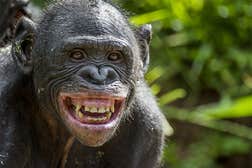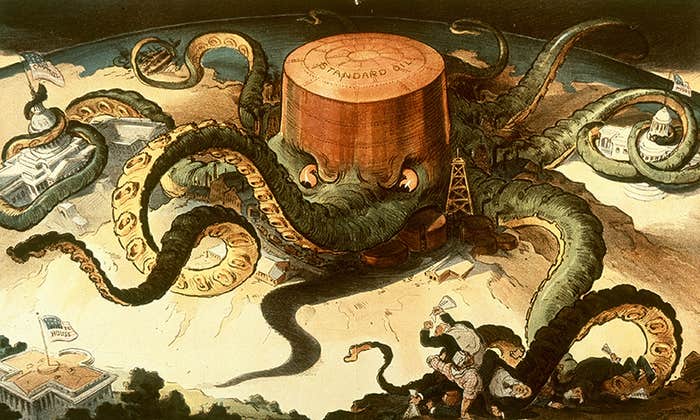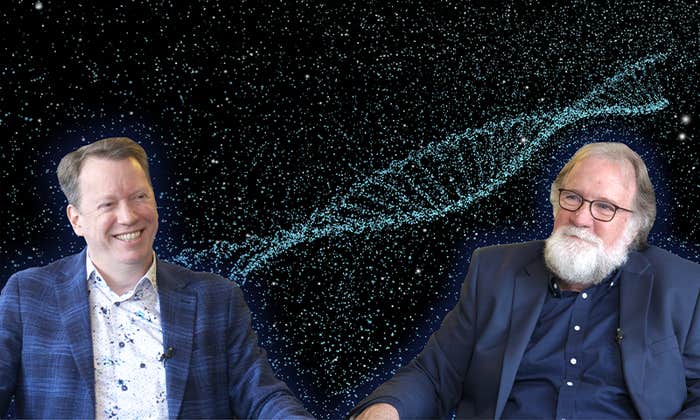Over his career, Harvard cognitive scientist Steven Pinker has taken on a wide range of research and writing subjects, and his work has provoked big debates in most, if not all, of them. His latest book, The Sense of Style, is about another farflung topic—grammar—and his iconoclastic opinions have, predictably, drawn fire (and ire) from people with more traditional views of the field. In a Guardian column spun off from the book, he advances one argument that clashes with what you’ll hear from almost any grammar guide:
I am told that all snowflakes are unique, and so they may be under a microscope, but frankly, they all look the same to me. Conversely, each of the proverbial two peas in a pod is unique if you squint hard enough through a magnifying glass. Does this mean that nothing is unique, or does it mean that everything is unique? The answer is neither: the concept “unique” is meaningful only after you specify which qualities are of interest to you and which degree of resolution or grain size you’re applying. Calling something “quite unique” or “very unique” implies that the item differs from the others in an unusual number of qualities, that it differs from them to an unusual degree, or both.
In a blog post at The New Yorker, staff writer Nathan Heller pushes back against Pinker’s overall, more relaxed approach to grammar and this argument in particular:
He doesn’t want to concede that the phrase “very unique” makes no sense (things are either unique or not), so he mounts an odd defense. Look at two snowflakes from far away, he says, and they no longer seem unique: “The concept ‘unique’ is meaningful only after you specify which qualities are of interest to you and which degree of resolution or grain size you’re applying.” If we did all that, we wouldn’t need the word.
But we can’t so easily ignore questions about what is of interest and what scales matter; they are integral to the idea of uniqueness. For instance, it is a fact that every human is unique, an unrepeatable product of individual genetic and environmental factors. Everyone is unique if you look at them with a fine “degree of resolution,” using Pinker’s term, but Lady Gaga’s uniqueness stands out when viewing her from afar (perhaps even as far as alien planets). So of course you would understand what somewhat meant if they said, “Lady Gaga is a rather unique person”: Her idiosyncracies stand out more obviously than they do in your average, mild-mannered 42-year-old mother of 2.1 kids who lives in the suburbs of a mid-sized city.
Pinker points out that same argument applies to other “absolute adjectives,” like “certain”, “complete”, “eternal”, “perfect” or “the same.” If you look closely enough, you’ll see that no two macroscopic things in the universe are exactly the same, but in real life, we refer to lots of things as though they are. A precise enough scale will show that no cup of flour weighs exactly the same as any other, but recipes can assume that any two cups are about the same.
Does this mean that nothing is unique, or does it mean that everything is unique?
This use of language reflects some fundamental ideas about statistics (e.g., accuracy, precision, statistical figures), which have very specific mathematical definitions. Fortunately, people also have an intuitive sense of these ideas. We understand that adding a single grain to a cup of flour won’t make a difference to a batch of cookies, whereas the merest speck of dust could ruin a batch of silicon semiconductors. Even if you added a few too many grains of flour, it could still make sense to say you followed a recipe pretty much perfectly. It’s this kind of judgment that people habitually pack into our use of absolute adjectives.
In his New Yorker piece, Heller criticizes “very unique” as being meaningless, saying “things are either unique or not.” Though it might be convenient to rely on that kind of black-and-white certainty as we choose our words, it doesn’t jibe with the complexity of the real world we’re trying to describe. As a powerful tool for understanding complexity, science can inform our writing; Pinker’s “degrees of resolution” and “grain size,” for instance, are scientific ideas that prove helpful in understanding why “very unique” does make sense.
Of course, science is far from the only source we should rely on for good writing tips. Heller points out that Pinker’s use of the phrase, “the blind alleys that can lead them astray,” is problematic, because “blind alleys, by definition, don’t lead anywhere,” which was news to me. Maybe the main lesson from this debate is that writing and reading requires us to think hard, using whatever literary, linguistic, or scientific ideas we can bring to bear.
Amos Zeeberg is Nautilus’ digital editor.



























